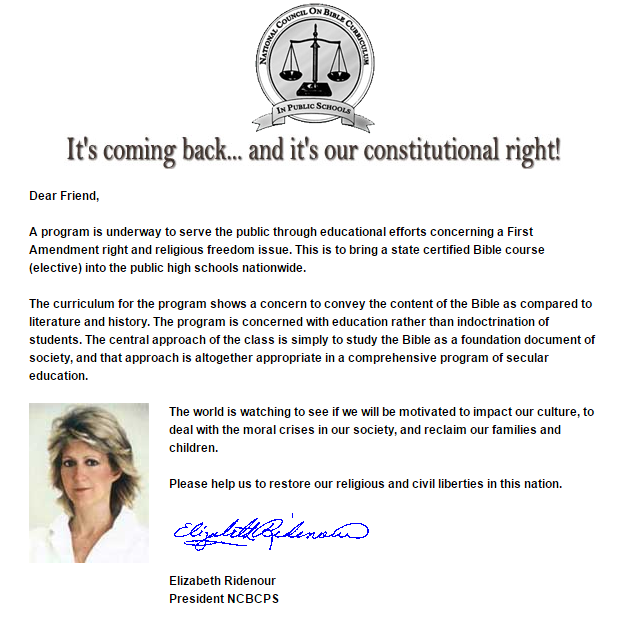On his Wallbuilders Facebook page, self-styled historian David Barton engaged in some historical revisionism which illustrates his approach to history. In the image below, he reproduced only the part of an John Adams’ quote that he likes. Adams wrote this to Thomas Jefferson in a letter dated June 28, 1813 (Barton cited this letter here, also selectively edited on his website).
Barton also did this in The Founders Bible, a must avoid collection of historical half-truths surrounded by Holy Writ.
Adams did write those words to Thomas Jefferson but Barton omitted critical parts of the quote. Here is the relevant section of what Adams wrote to Jefferson with the bold letters being what Barton selectively included on his Facebook page.
Who composed that army of fine young fellows that was then before my eyes? There were among them Roman Catholics, English Episcopalians, Scotch and American Presbyterians, Methodists, Moravians, Anabaptists, German Lutherans, German Calvinists, Universalists, Arians, Priestleyans, Socinians, Independents, Congregationalists, Horse Protestants, and House Protestants, Deists and Atheists, and Protestants “qui ne croyent rien.”* Very few, however, of several of these species; nevertheless, all educated in the general principles of Christianity, and the general principles of English and American liberty.
Could my answer be understood by any candid reader or hearer, to recommend to all the others the general principles, institutions, or systems of education of the Roman Catholics, or those of the Quakers, or those of the Presbyterians, or those of the Methodists, or those of the Moravians, or those of the Universalists, or those of the Philosophers? No. The general principles on which the fathers achieved independence, were the only principles in which that beautiful assembly of young men could unite, and these principles only could be intended by them in their address, or by me in my answer. And what were these general principles? I answer, the general principles of Christianity, in which all those sects were united, and the general principles of English and American liberty, in which all those young men united, and which had united all parties in America, in majorities sufficient to assert and maintain her independence. Now I will avow, that I then believed and now believe that those general principles of Christianity are as eternal and immutable as the existence and attributes of God; and that those principles of liberty are as unalterable as human nature and our terrestrial, mundane system. I could, therefore, safely say, consistently with all my then and present information, that I believed they would never make discoveries in contradiction to these general principles. In favor of these general principles, in philosophy, religion, and government, I could fill sheets of quotations from Frederic of Prussia, from Hume, Gibbon, Bolingbroke, Rousseau, and Voltaire, as well as Newton and Locke; not to mention thousands of divines and philosophers of inferior fame.
Barton makes Adams, a Unitarian, sound like an evangelical Christian nationalist. However, when one reads the entire section, Adams was explaining to Jefferson his view that there was a set of general principles shared by Christians and non-Christians which formed a foundation for American independence. Note how Barton dramatically alters Adams meaning by stringing his words together to fit the Christian nationalist perspective.
No competent historian works this way.
*qui ne croyent rien – French for “those who believe nothing.”

